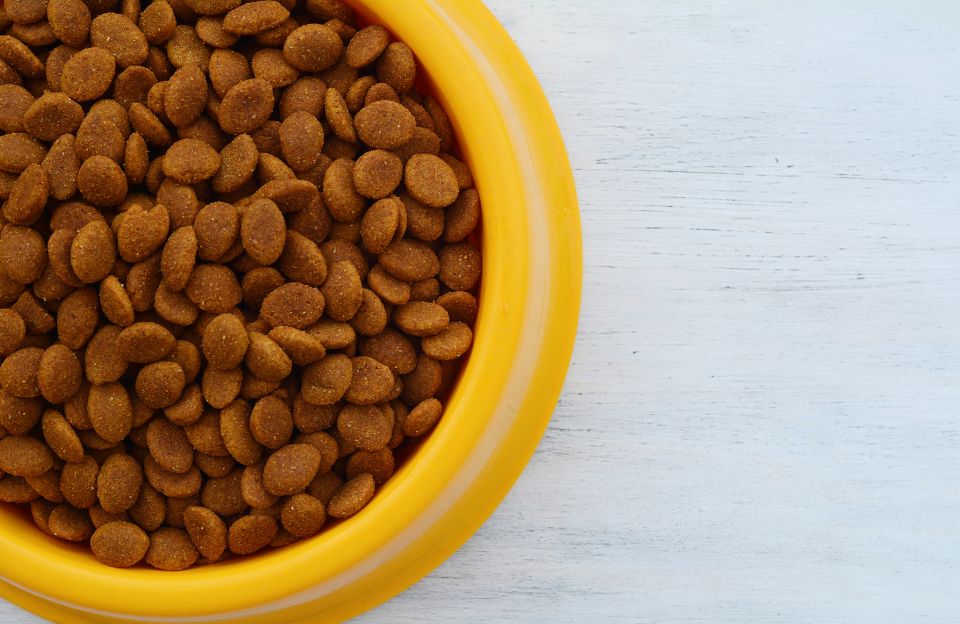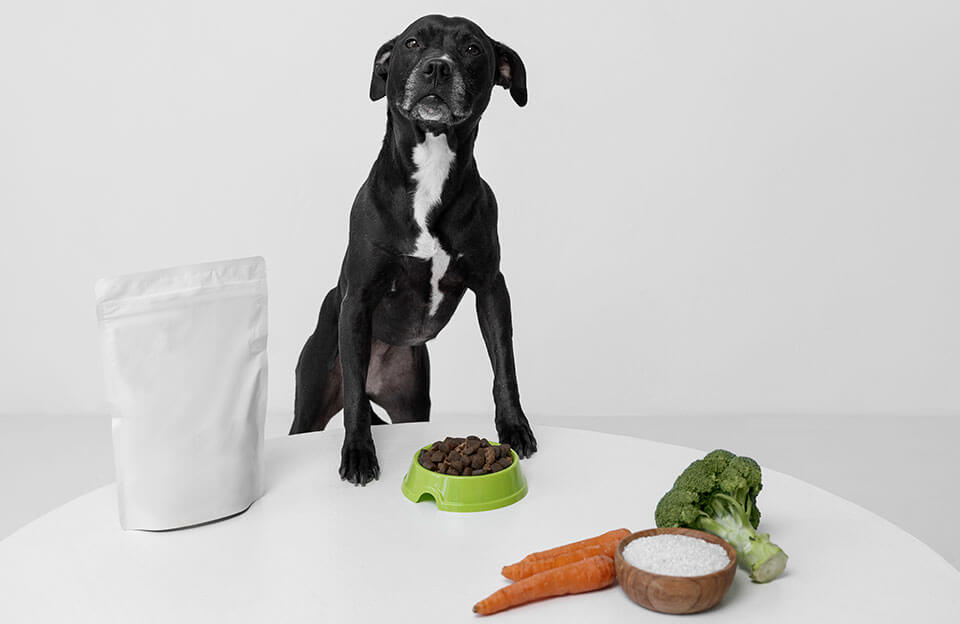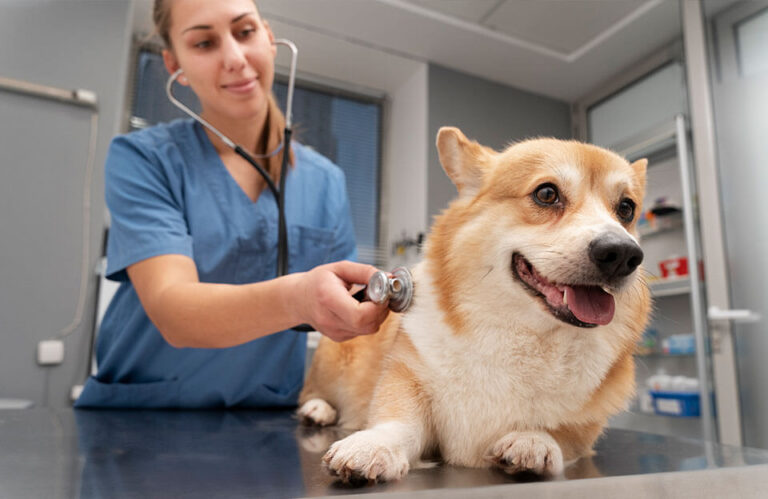Protein is an essential nutrient for dogs, playing a crucial role in their overall health, growth, and well-being. Understanding the importance of protein in your dog’s diet can help you make informed choices about their nutrition.
Table of Contents
1. Building Blocks of Life
Proteins are the building blocks of tissues, muscles, organs, skin, and fur in dogs. They are composed of amino acids, which are necessary for cellular repair, growth, and maintenance of bodily functions.
2. Muscle Development and Maintenance
High-quality proteins from animal sources like meat, fish, and poultry provide essential amino acids that support muscle development and maintenance. Adequate protein intake helps dogs maintain lean muscle mass and strength.
3. Energy Source
Proteins serve as a source of energy for dogs, especially in active and working breeds. They provide sustained energy and help regulate metabolism, ensuring your dog has the stamina needed for daily activities.
4. Immune System Support
Proteins play a vital role in maintaining a strong immune system in dogs. They help produce antibodies and enzymes that defend against infections and diseases, keeping your dog healthy and resilient.
5. Skin and Coat Health
Proteins contribute to healthy skin and a shiny coat. They help produce keratin, a protein essential for skin structure and fur growth. A diet rich in quality proteins promotes skin hydration and minimizes shedding.
6. Digestive Health
Proteins aid in maintaining digestive health by supporting enzyme production and nutrient absorption. They contribute to the overall balance of your dog’s gastrointestinal system, promoting optimal digestion.
Conclusion
Protein is a fundamental component of your dog’s diet, essential for growth, muscle development, energy, immune function, skin health, and digestive well-being. Choosing dog food with high-quality protein sources ensures your pet receives the nutrients necessary for a healthy and active life.










